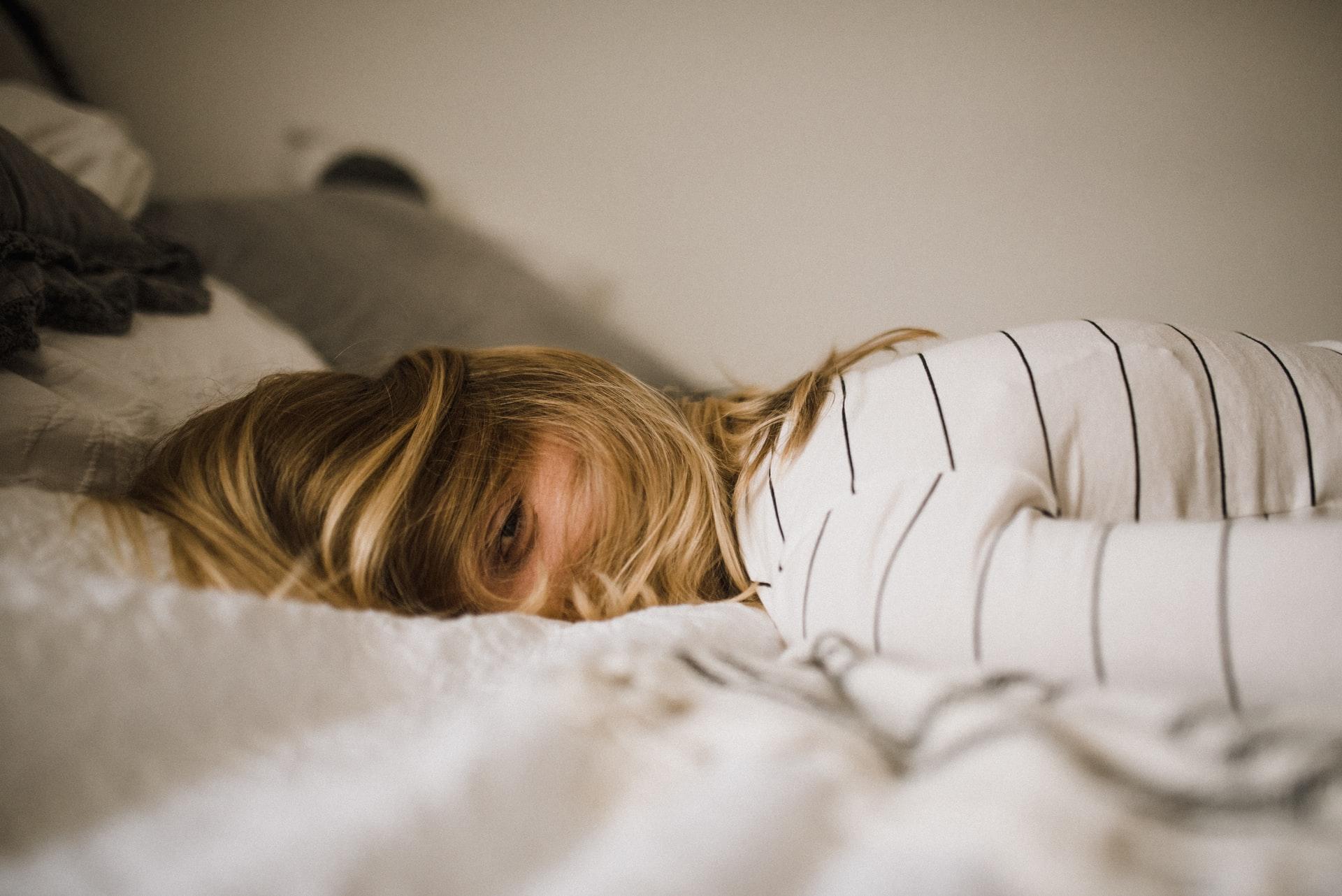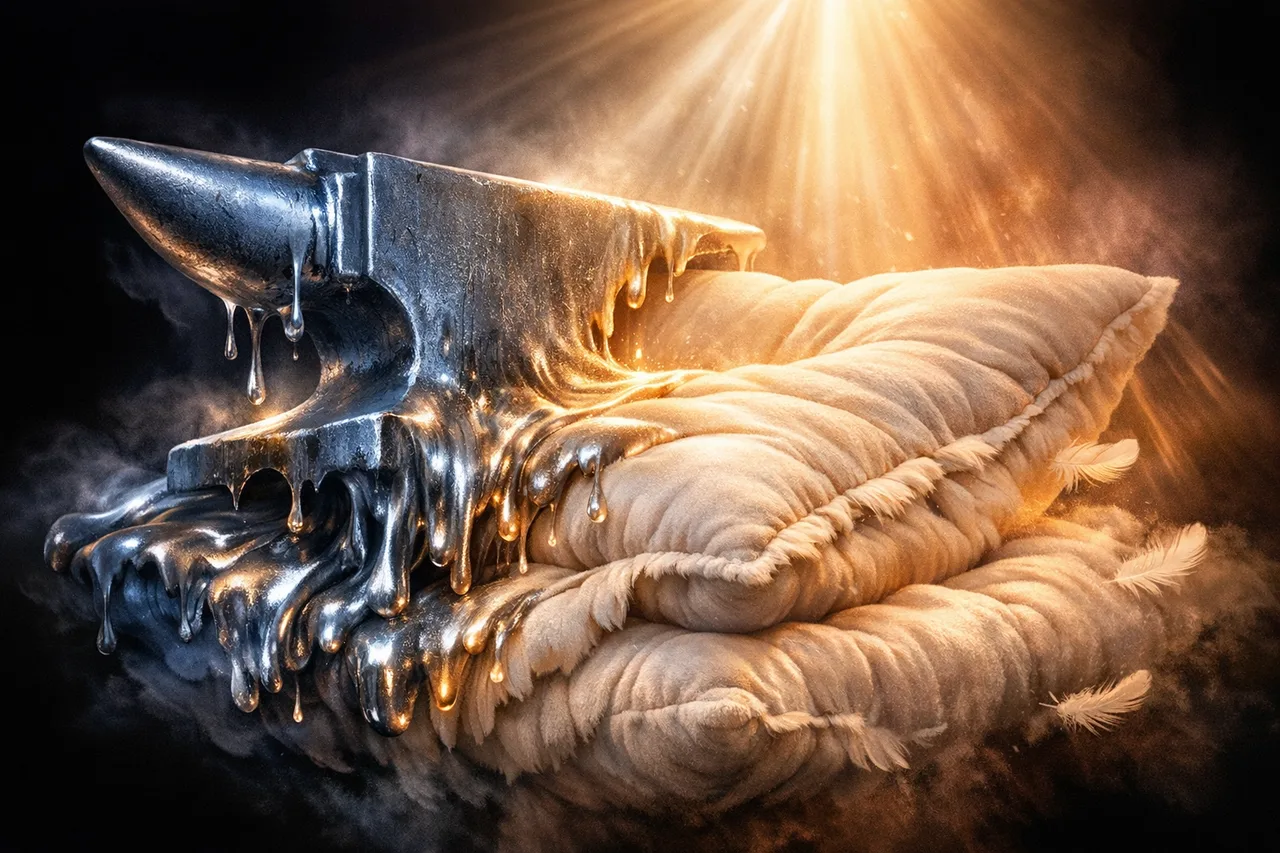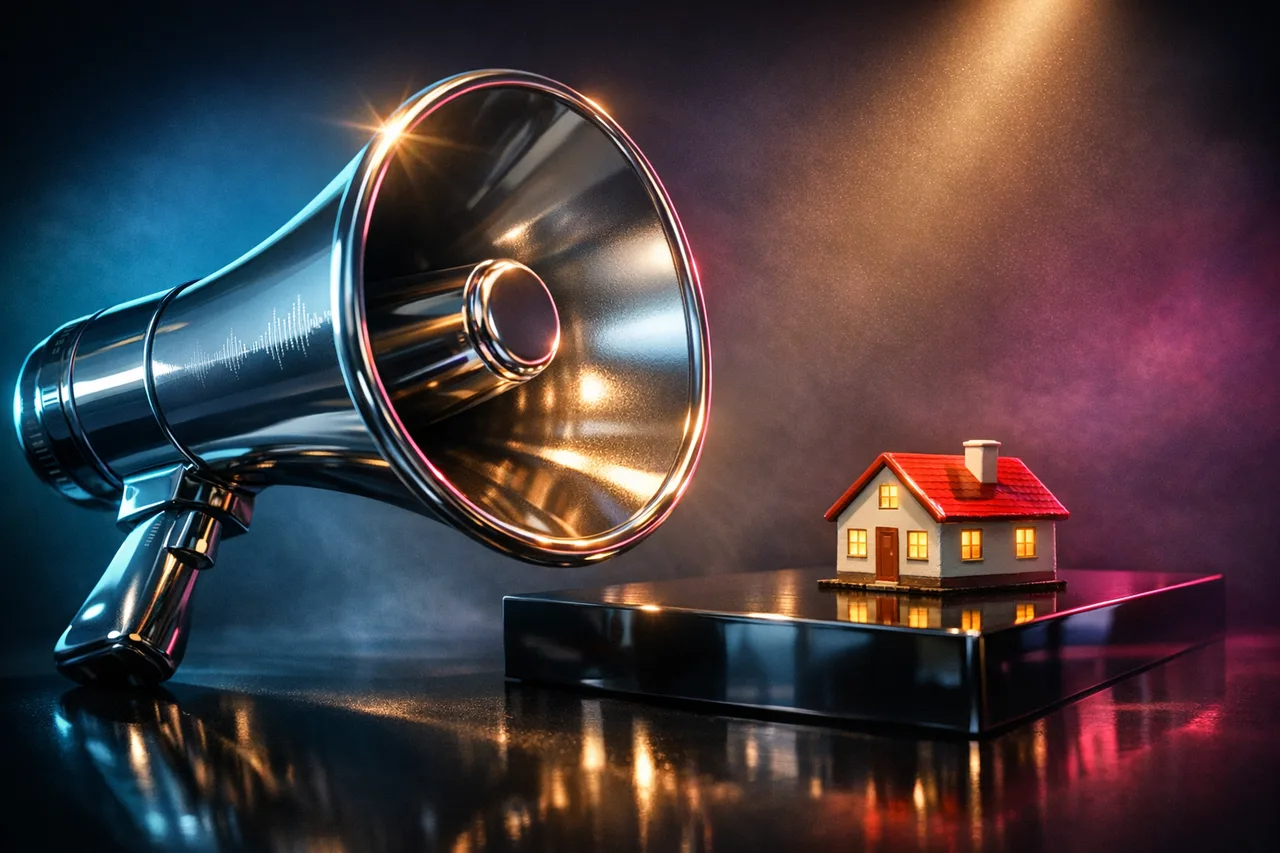
Everyone loves sleep, but some people just can't get enough of it. Whether your sleep deficiency stems from stress, lifestyle habits, or a physical condition, you're not alone—an estimated 30 percent of adults experience one or more symptoms of insomnia.
Aside from tiredness, what's at stake for those with chronic insomnia? According to the Mayo Clinic, insomnia complications can include a decrease in your work performance, higher risks of getting into a car accident, and higher risks of developing a mental disorder, high blood pressure, and heart disease.
You can try combating insomnia using various tactics. For some people, making lifestyle changes, for example, reducing screen time before bed, will do the trick. For those with more severe insomnia, medication may be necessary. Then there are the people in between—those who have trouble sleeping and haven't found a quick fix but don't want or need medication. If you fall into this category, you may want to try out natural products and supplements that can help improve your sleep.
1. CBD
A compound found in marijuana plants, cannabidiol (CBD), is a calming sleep-booster. Using CBD products, you can tap into the relaxing effects of cannabis without getting high. Though more research needs to be done to explain why CBD improves sleep, research and consumer reports indicate that CBD can treat some of insomnia's root causes.
CBD supplements come in various forms ranging from tinctures to vapes. If you want to consume CBD as a gummy, chocolate bar, or other types of candy, try shopping tons of CBD edibles at CBD Choice.
2. Natural Melatonin
Melatonin is one of the five natural sleep aids recommended by John Hopkins Medicine. Melatonin, a hormone made in the pineal gland, melatonin controls your circadian rhythms. When your body responds to reduced light exposure, as it does every night, it triggers melatonin release. However, the exposure to unnatural light from your phone, TV, or laptop prevents this natural cycle, making it hard for you to fall asleep.
Taking supplemental melatonin can help you fall asleep faster and boost the quality of your sleep. It typically comes in pill form as an over-the-counter supplement. When buying melatonin supplements, make sure you choose natural melatonin over its synthetic counterparts. Natural melatonin is made from the pineal glands of animals, whereas the synthetic form is synthesized through a chemical pathway.
3. Lavender
Many people love lavender, not just for the pleasant aroma, but because of its calming effects. Just sniffing the purple flower before your bedtime can set the stage for slumber as it acts as a stress reducer, gentle sedative, and pain reliever.
Because lavender is a readily-available flower, you can use it in countless ways and buy a wide variety of pre-made products. For example, you can:
- Add a few drops of lavender essential oil into a diffuser near your bed
- Rub diluted essential oil around your nose or onto your forehead
- Make tea or scented bags using dried lavender
- Apply a few drops of essential oil on your pillow
When applying lavender essential oil on your skin, dilute it with a carrier oil and do a patch test to ensure you aren't allergic to it. In case you experience unusual symptoms, immediately discontinue use.
4. Valerian
A perennial plant, valerian has been used as a sleep aid for more than hundreds of years. Valerian boosts GABA levels, a calming brain chemical in your body, which boosts relaxation and promotes sleep.
You can drink valerian as a tea by brewing one-quarter to one teaspoon in water, or you can simply take it in capsule form. You can also combine valerian with hops, lemon balm, and other herbs for added benefits.
When you want to discontinue using valerian, you should slowly reduce your daily dosage. Abruptly stopping use can result in symptoms of withdrawal or anxiety.
5. Kava
Kava, a plant with heart-shaped leaves native to the South Pacific, is useful for easing insomnia. Why? Because kava can help treat anxiety. Research shows that kava extract can improve sleep quality and has therapeutic efficacy for people with non-psychotic anxiety disorders. Kava supplements come in tea, tincture, powder, and capsule form.
6. Chamomile
This daisy-like plant is a gentle herb and well known for its calming effects. Apigenin, an antioxidant present in chamomile, promotes relaxation and sleep by binding to specific receptors in the brain. A few ways to use it include:
- Making tea using dried chamomile flowers
- Applying diluted chamomile essential oil to your skin
- Ingesting it in tablet or capsule form
- A applying it as a topical tincture
8. Magnolia Bark
Magnolia bark is a gentle sedative rich in potent natural compounds that may reduce inflammation, lower anxiety, and improve depression symptoms, which, in turn, improve your sleep. The bioactive compounds in magnolia bark increase time in both REM and slow-wave sleep. Plus, the other compounds lower levels of stimulating hormones cortisol and adrenaline.
The Underlying Issues
As you start treating your sleep problems with naturally-derived supplements, try to figure out the underlying cause too. Stay aware of what's triggering poor sleep—it can be stress, discomfort, noise, or something else. Keeping a sleep journal will also help you assess your sleeping habits.
That being said, you should only use natural sleep aids as a short-term solution. If your sleep problems continue, it might indicate an underlying medical concern. So, you should consult your physician if your sleep troubles persist.
You may also like

Soft January: What Happens When You Go Gentle?

The Hidden Catch Behind GLP‑1 Weight Loss
When Five Bucks Feels Like a Fortune

Ozempic vs Mounjaro: the 2026 Reality Check

The Sport That Hijacked Every Generation
